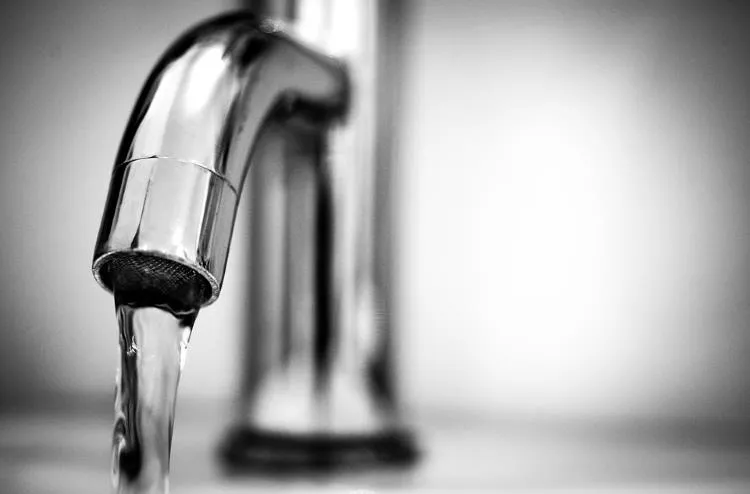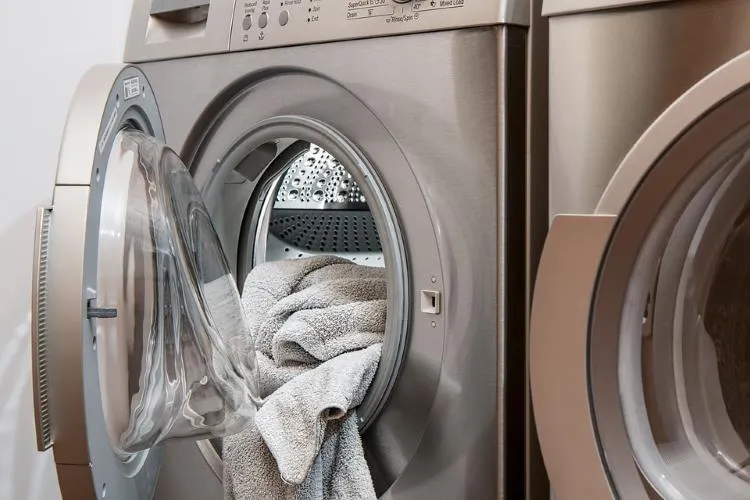Being eco-friendly is becoming more and more of a necessity but, it doesn't have to be a chore and switching up your home choices could be just as good for your wallet as it is for the environment. If you're not sure what you can do to improve your home's eco-friendly credentials, The Lighting Superstore has just the tips you need...
1
Insulate
If you insulate your home, you will not only reduce heat loss, but will also create a more stable temperature that eliminates hot and cold spikes, not to mention you'll make significant savings on household bills.
For instance, you can lay loft insulation with a thickness of 270mm in a typical non-insulated three-bedroom semi. It could ultimately trim up to £175 a year from energy bills, as you lose less heat through the roof. Insulating cavity walls saves around £140 each year - deciding to do both this and your loft could work out as up to £315 a year in savings.
2
Solar investment
Solar panels can seem a daunting option, primarily due to the big initial cost of having them installed. However, once this is done, you could end up saving up to £800 each year.
With the typical family requiring a 4 kWh solar panel system for their home, you could expect to earn around £560 each year from a supplier, solely for producing solar energy. Roughly £150 is taken from bills for using their own power, and an additional £90 can be made on top of this by selling power back to the National Grid, through their energy provider.
3
Fix the leaky tap

The average household has a combined annual water and sewerage bill of £395 in the UK. Dripping taps typically waste 5,500 litres of water each year.
You could end up saving 30 per cent in water usage - or £118 if it's calculated using the average household bill. Tighten all of the taps around your home with a spanner - or alternatively, ask a plumber if you're not sure how.
A simple cistern displacement device could also be the order of the day, helping you to reduce water used by around one litre for every flush. This can result in a significant water consumption saving (up to 5,000 litres per year for the large households).
4
Fit energy-saving bulbs
Lighting works out as being around 10-20 per cent of the typical home's electricity bill. Something as simple as switching from energy guzzling lights to the more efficient options could add to your overall savings.
LED lighting not only uses around 85 per cent less energy than traditional types, but often lasts 20 times longer too. This means that even though you pay slightly more than what you're used to, you quickly make it back thanks to reduced running costs.
5
Wash laundry in cold water

Did you know that around 90 per cent of the energy used by your washing machine will be heating the water? Use cold water on a shorter cycle for clothes that don't need particular attention to reduce energy consumption. Check out our guide to buying the best washing machine to find energy-efficient options for your household.
If you don't particularly want to wash laundry in cold water, trying turning your machine down to just 30 degrees.
Wrap.org has said that washing clothes less often, at a lower temperature, using larger loads, and tumble drying less, could all help to cut your energy footprint by seven per cent.
The Energy Saving Trust adds that washing clothes at 30 degrees will use 40 per cent less electricity in a year instead of washing at a higher temperature.
6
Block your chimney
People spend both time and money double-glazing and insulating their home.
However, there's one thing people often don't think of blocking and that's the chimney.
It was calculated that households lose around four per cent of total heat up the chimney, so having a high-quality block could end up saving over £200 each year.
